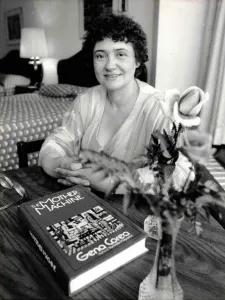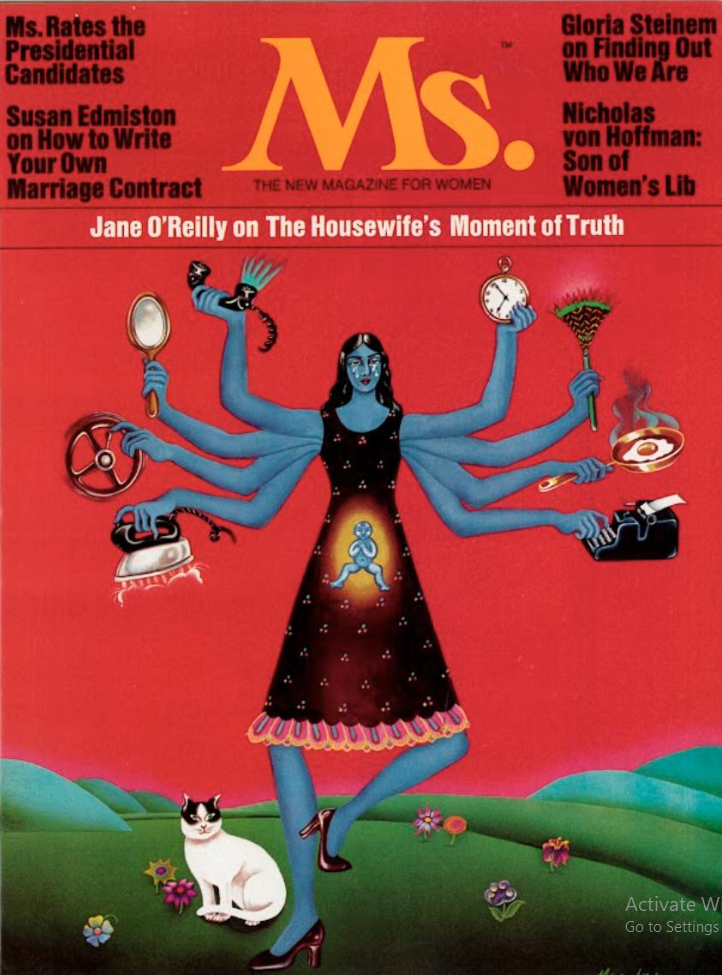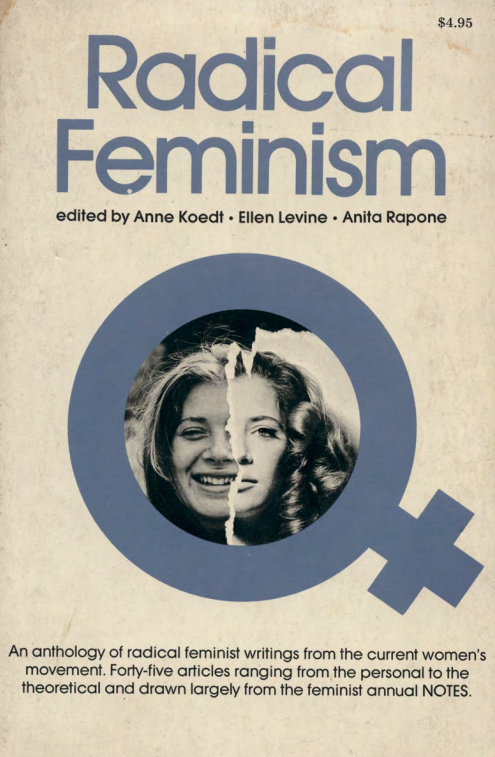Reading Circle takes place every Monday at 4pm PST/7pm EST/12am UTC.
Reading Circle is a space for women to explore feminist literature as a group. Every week, we will read a short essay or excerpt of writing about feminist theory or women’s herstory, then discuss. Please read or listen to the text before each session, so we can come together for a thoughtful discussion!
About The Author
Ellen Willis was one of the founding members the Redstockings and was a member of New York Radical Feminists, in the late 1960s. She spent a significant portion of her life as a music critic and widely published on that topic. As a feminist and an activist, she covered a wide variety of issues including: pornography, the sex wars, antisemitism, left/right politics, authoritarianism, social conservatism and the anti-war movement.
In 2014, her daughter Nona Willis Aronowitz, edited and published a posthumous collection of some of her essays, entitled The Essential Ellen Willis.
Recording
You can listen to a recording of this week's reading here.
Text
You can read this weeks text by following this link, on page 55/128.
You can also download a PDF version here:
Key Concepts
Male Chauvinism
Male chauvinism denotes the interpersonal and cultural patterns of belief, attitude, and behavior in which men, as a class, occupy a dominator position and women are treated as subordinates. It is embedded within a broader system of male supremacy and sexism. Male chauvinism expresses itself when men expect deference from women, exercise privilege in decision‑making, and enforce rigid sex‑roles in personal and institutional relations. It is not merely personal prejudice, but is sustained by the sex‑marking and sex‑announcing practices that construct men as dominant and women as subordinate (Frye, 1975; Frye, 1983).
Forced Teaming
Forced teaming is when someone creates a sense of shared purpose or joint predicament with another person—using language like we, us, or together—even though no such real partnership exists, in order to gain trust or lower defenses (de Becker, 1997).
Reading Questions
- The term "male chauvinism" has fallen out of use. What commonly used terms have replaced it? Is it good or bad that we're using different language now?
- Do you think the women's liberation movement succeeded in their goal to, "take an equal, active part in the radical movement instead of being relegated to secretarial and other service chores"? Why or why not?
- The author states that radical women no longer assume that radical men and men from The Left generally, are their allies, and they only work together on specific matters of common concern. Would you say that is the same or different than today?
- In contemporary politics, do you think feminists see men as de facto allies, or assume they're not to be trusted? What about different types of feminists with different values and principles?
- At the time this was written, radical women were wary of publicly criticizing the men they had, or were currently working with. Do you believe it's important to be public with concerns about political association? Do you think it's appropriate to make intra-community wrongs public?
- Both the male-dominated New Left and the male-dominated Gay Liberation Movement used women's labour and women's concerns to their tactical advantage, while treating those women and those concerns as afterthoughts. Do you think this history is well known? What difference does it make for younger or newer feminists to know this?
- How and why do you think it's important for women to "build a specifically feminist radical consciousness" as part of our political organizing?
- Do you agree with the author, that those women who already have political organizing experience need to have humility, and respect those women who are new and haven't internalized that male allyship?
- The author concludes this essay by naming the radical women who are not willing to evolve by shedding their movement's prejudices as "reactionary obstructionists." Do you think this is a useful way of understanding how feminists fail or succeed at growing?
- What are your key takeaways from this text?
References
Willis, E. (1970). Women and the left. Notes from the Second Year: Women’s Liberation, 55–56.
Frye, M. (1975). Male chauvinism: A conceptual analysis. In R. Baker & F. Elliston (Eds.), Philosophy and sex (pp. 65–79). Prometheus Books.
Frye, M. (1983). The Problem That Has No Name. In The Politics of Reality: Essays in Feminist Theory (pp. 41– 51). Crossing Press.
de Becker, G. (1997). The Gift of Fear: Survival Signals That Protect Us from Violence. Little, Brown and Company.
Code of Participation
If you have questions, please read and review our Feminist Code Of Participation.





